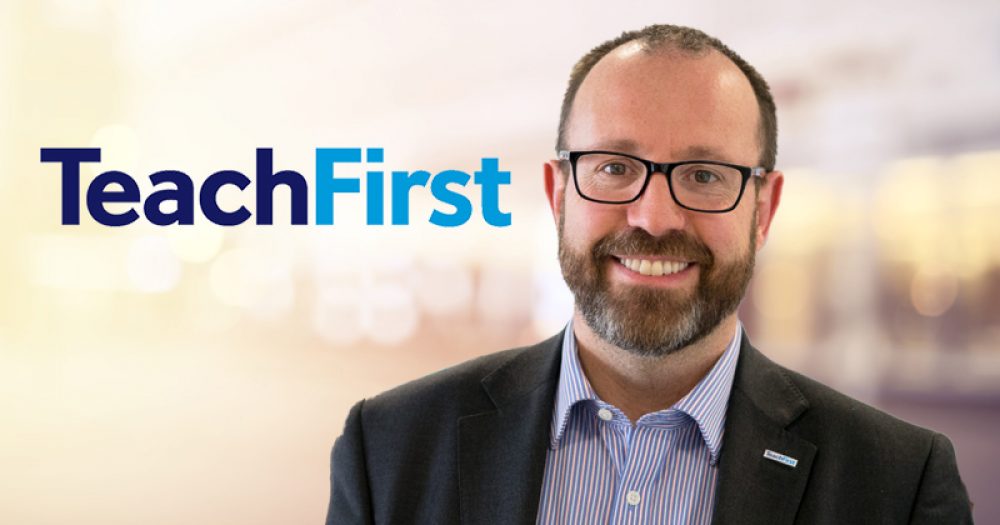Teach First has recruited its largest cohort of trainee teachers by allowing way more applicants through assessment and taking on more graduates with 2:2 degrees.
The charity, which aims to place high-flying graduates who might not ordinarily consider teaching in schools serving disadvantaged communities, has recruited 1,735 trainees this year.
While that’s still just shy of the 1,750-target set in its £39 million government funding contract, it’s a huge increase on recent years.
Figures obtained by Schools Week show of the applicants who made it through to the assessment stage – 82 per cent were offered a place, compared with 59 per cent last year.
The proportion of recruits with a 2:2 degree, while still small, has more than doubled in the past five years.
This year’s boom reverses a three-year slump in which cohort numbers dropped as low as 1,259 last year. Teach First insist its success is down to changes to the way the programme is advertised and a higher-quality pool of applicants – not by lowering standards.
However, the fact that the number of recruits increased by 68 per cent in a single year has raised some eyebrows.
In a tweet Katharine Birbalsingh, the founder and headteacher at Michaela Community School in north London, accused the charity of having “dropped its standards”. It was “now letting anyone in”.
“Easy to boost numbers. Harder to retain quality. Those on the frontline will notice it in a couple of years, doing untold damage to Teach First’s reputation,” she tweeted.
Applicants are initially screened to find out if they have the qualifications and competencies required for the scheme. They must have certain GCSE and A-levels and a 2:1 degree or above, although 2:2s are “considered”.
This year, 65 per cent of the 8,240 applicants passed the screening stage. Of the 1,735 accepted, 5 per cent have a 2:2 degree, up from 3 per cent last year and 2 per cent in 2015.
After passing the screening applicants attend a selection day at a Teach First development centre where they are assessed face-to-face. The charity insists the screening stage has not changed.
This year, 45 per cent of applicants attended an assessment centre, with 82 per cent of those offered a place.
Teach First said this part of the process did alter this year. “One way we did this was by changing the way we identify the potential of candidates during our face-to-face assessments.
“All teachers, whatever their route into teaching, need to be trained. What’s important is seeing the potential in them at the start and supporting them through their training to become excellent teachers.
“We therefore reassessed what high-calibre teachers needed to have as pre-existing skills and what they could be taught with our training.”
Russell Hobby, the charity’s chief executive, said he was “delighted” it had “bucked trends” with its record-breaking cohort, “but with pupil numbers rapidly rising this isn’t ‘job done’.
“We know there are more people out there from all walks of life who could build a rewarding career in teaching and we’re determined to find them.”
Dave Cobb, the chief executive of the rival training firm Oceanova, has often criticised Teach First for “elitism”, attrition rates, cost and efficiency.
He told Schools Week the latest figures were “to be applauded”, although there were still “big questions” to be answered around the government’s funding of the charity, including the cost of the programme and the fees charged to schools.


Your thoughts